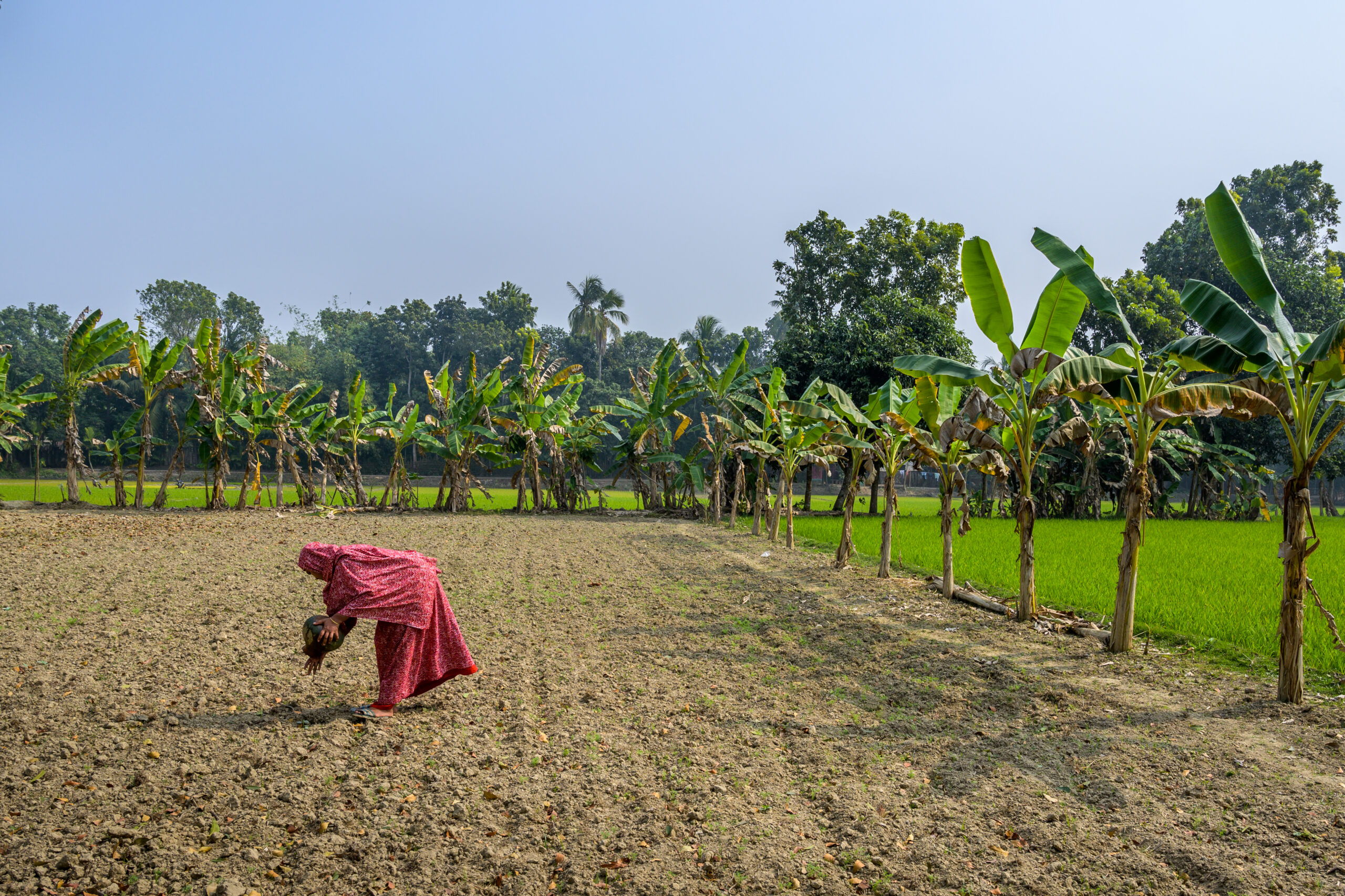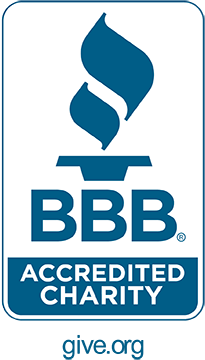Does participation in the Ultra-Poor Graduation (UPG) program with inclusive Market Systems Development (iMSD), climate-related Disaster Risk Reduction (DRR), and water, sanitation, and hygiene (WASH) interventions enable household resilience and sustained escapes from ultra-poverty? This Evidence Brief explored how the Nobo Jatra project addressed this question. Nobo Jatra is a resilience and food security activity in southwest Bangladesh that ran from 2015 through 2022, funded by the United States Agency for International Development (USAID). World Vision led the consortium of NGOs that implemented the project.
For more information:
Full report: Sustaining Escapes from Ultra-poverty: A Mixed Methods Assessment of Layered Interventions in Coastal Bangladesh. This research provides insight into the efficacy of our efforts to help people sustain their rise out of extreme poverty in Bangladesh through layered and sequenced interventions.
CLA Case Study: Using CLA to Revisit Past Failures and Adapt Future Approaches for Greater Impact | USAID Learning Lab. Collaborating, learning, and adapting (CLA) is a set of practices that help USAID and partners improve development effectiveness. This study won USAID’s 2021 CLA Case Competition award and is featured on the agency’s Learning Lab site. In it, World Vision highlights how the organization acknowledged missed opportunities and past shortcomings to improve program design and outcomes.





